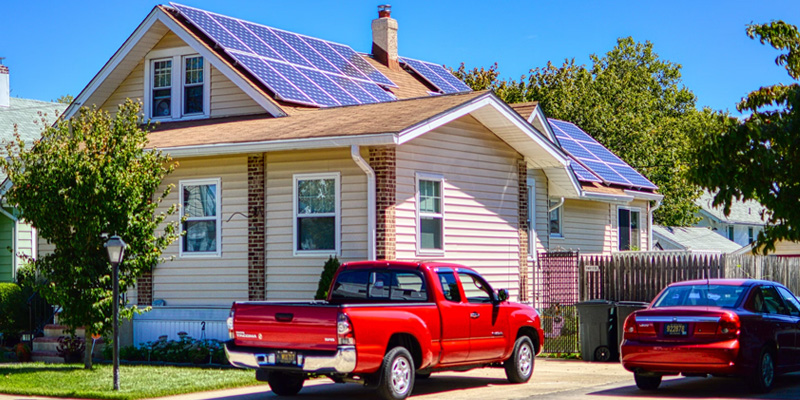The most common questions about solar in New Jersey seem to revolve around the benefits, costs, operational aspects, and financial options related to solar energy systems. Here’s a summary of the top questions and considerations:

WHAT ARE THE FINANCIAL BENEFITS OF SOLAR ENERGY?
After you install a solar energy system on your property, you will save money on your electricity bills. You will also protect yourself against rising electricity rates in the future. The investment will pay for itself again and again.
WHAT ARE THE ENVIRONMENTAL BENEFITS OF SOLAR ENERGY?
Going solar reduces greenhouse gas emissions. By converting to solar, you can help help curtail climate change and eliminate air pollutants like sulfur dioxide and particulate matter, which are known to cause health problems.
HOW DOES SOLAR IMPACT MY PROPERTY VALUES?
Homes with solar energy systems sell for more than homes without them. In fact, many studies show that installing solar panels will increase your property value more than a kitchen renovation.
HOW LONG WILL MY SOLAR POWER SYSTEM LAST?
Solar panels are extremely durable. They can withstand snow, wind, rain, and hail. While certain components of your solar power system may need to be replaced at different times, your system should generate electricity for 25 to 35 years.
HOW OFTEN ARE REPAIRS NEEDED?
Solar panels are extremely durable. Weather conditions such as snow, wind, rain, and hail may impact them. However, your system should generate electricity for 25 to 35 years. While certain components of your solar power system may need to be replaced at different times, the panels are built to last for as many years as a homeowner typically plans to live in their property.
WHY GO SOLAR?
Homeowners are interested in the financial and environmental benefits of solar energy, including significant savings on electricity bills, reducing greenhouse gas emissions, and increasing home value.
WHAT ARE THE COSTS AND SAVINGS?
Questions about the initial costs, potential savings, and how solar investment compares to traditional electricity costs over time are common. People are curious about how much they can save depending on their local utility rates and solar policies.
HOW DOES THE SOLAR SYSTEM OPERATE?
Solar panels efficiency works differently during cloudy, rainy, sunny, days or even at night. Our team of solar experts will walk you through how a solar panel to generates power in various conditions, and the necessity of remaining connected to the grid for backup power in situations such as blackouts.
WHAT IS NET METERING?
This is a significant consideration, as it affects how solar energy production is credited back to the homeowner, potentially reducing the utility bill further.
ARE THERE FINANCING OPTIONS AVAILABLE?
Understanding the differences between buying, taking out a loan, or leasing solar panels is crucial. Each option has its advantages, depending on the homeowner’s financial situation and long-term goals.
ARE THERE REBATES OR INCENTIVES?
Inquiries about available solar rebates, tax credits, and incentives are common. The federal investment tax credit (ITC), which allows deducting a significant portion of the solar system cost from taxes, is a major incentive.
WHAT IS THE VIABILITY AND EFFECTIVENESS OF SOLAR?
Your current situation will determine whether solar power is a worthy investment which it often is a worthwhile investment. How it works at night, and its viability for power during the summer and winter times are all factors to take into consideration.
HOW DO WE TRANSITION TO SOLAR?
Factors such as the ideal roof conditions for solar panels, the importance of solar system size, and the overall process of switching to solar energy are all points to touch on during our process with you to discover how long this process will be for you.

